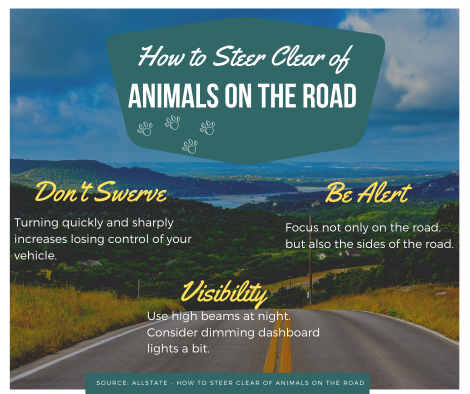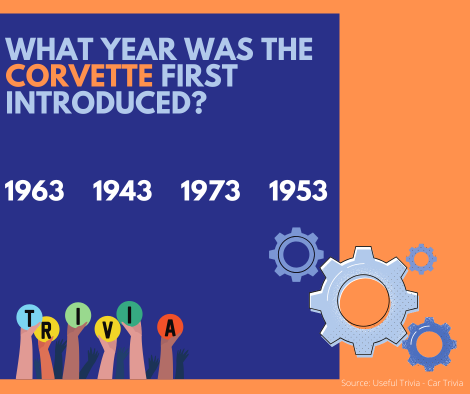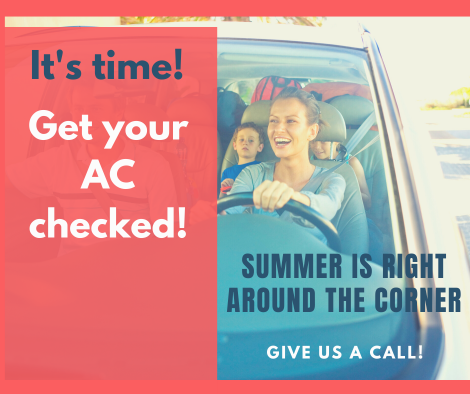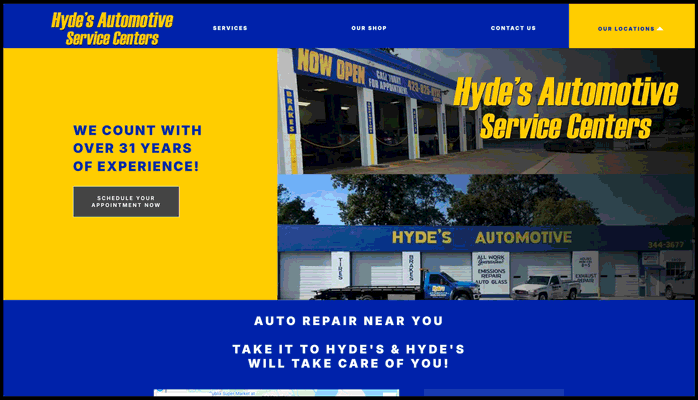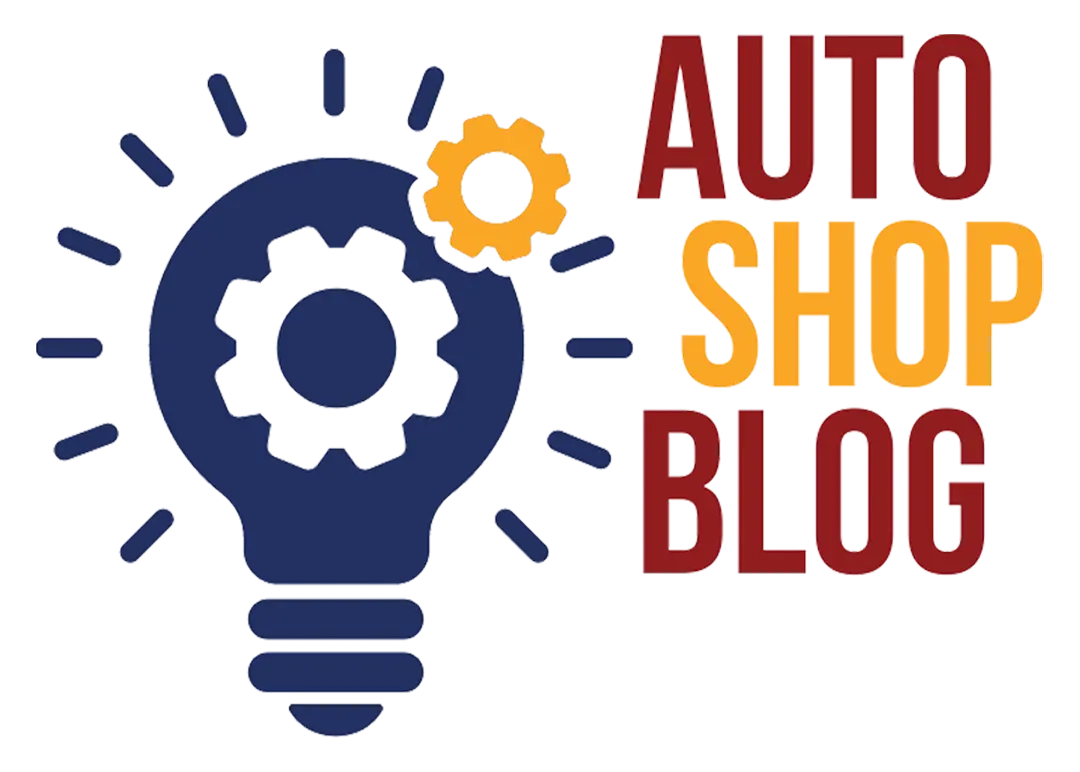Social media is a hot topic right now among auto repair shop owners. We’ve specifically been hearing more questions about how to effectively use Facebook. While Facebook has been around for a long time, many of us have found ourselves using it quite a bit more during the pandemic for hyper local news and information on businesses.
From March through much of May, Google effectively put Google My Business on ice. They didn’t approve reviews and mostly allowed only Coronavirus-related updates to profiles. Many businesses turned to Facebook to keep the public up to date.
A repair shop that has an active Facebook page will have an advantage over competitors, not only in the times we are in now, but always. They’ll have the opportunity to update, share and engage with their customers more directly and more frequently.
First, Some Ground Rules
- How can you get the most out of your auto repair shop’s Facebook profile? It begins with following the 80/20 guideline. This guideline prompts you to post at least 80 percent value-based content, with the other 20 percent (or less) being promotional.
- While you’re following the 80/20 guideline, you will want to make sure your posts are seen by your Facebook followers. In order to do this effectively, you will want to create eye-catching posts that stand out. Using images of cars, your employees, or other photos you find online will help tremendously. Using online resources where you can create your own templates will allow you to change up fonts, colors, and photos. The opportunities are endless in how you can grab the attention of your customers as they’re scrolling through Facebook.
- An important rule to remember about any kind of Facebook post is to make it short and simple. Creating clear-cut posts and avoiding paragraphs of words will help your viewers engage more easily. If you’re one to make others laugh, add humor to what you share online! Allow Facebook to be the shop’s outlet to demonstrate the kind of people who work there and represent one another well.
- Also, stay away from sharing website links in your posts – Facebook wants you to stay on Facebook! Posts that include links off of Facebook are much less likely to appear in your followers’ news feeds. It is okay to do it every once a while. You can also get creative by putting the link as text in the image that you create.
Okay, now onto the posts…
Value-Based Content Posts
For auto repair shops, the best type of valuable content includes sharing car care tips and explaining vehicle warning signs. One way to do this is to focus on a specific type of car care tips or warning signs – brakes, tires, fluids, preparing for a road trip, night driving or one of many more. Choose three to five key points to highlight. Next, showcase the points through an eye-catching Facebook post. These posts will be a resource for your Facebook followers.
Here is an example of a value-based content Facebook post:
Celebration or Holiday Posts
Another type of post that fits in the value-based content category is the celebration or holiday post. While these posts aren’t helping somebody take better care of their car, they are enhancing their day-to-day interactions with others and creating positive feelings.
For example, there are National Days such as National Pizza Day which falls on February 9th. This was a great opportunity to buy some pizzas over lunch and hang out with your employees. Don’t forget to take a picture and share it!
Those fun days go well with calendar holidays such as the Fourth of July, which is an opportune time to wish all your Facebook followers a safe weekend.
Here is an example of a holiday post:
Engagement Posts
Engagement posts are a great way to improve your reputation on Facebook. The more comments and likes that your posts generate, the more likely Facebook will be to include your posts in your followers’ news feeds. They will also increase the likelihood that your followers will pay attention to all of your posts, and if they are commenting and liking your posts, they may appear on their followers’ news feeds as well. Fun questions and trivia are two types of excellent engagement posts.
Here is an example:
Promotional Posts
As we mentioned above, up to 20% of your posts can be promotional. This is your time to advertise services that you specialize in and encourage people to contact you, but even so, you don’t want them to be super-salesy. These types of posts may include a reminder to get a vehicle’s AC checked, highlighting seasonal tune-ups or promoting timely coupons you have running in your shop.
Here is an example of a promotional Facebook post:
How can you show what makes your shop special?
Facebook is a great place to post pictures of what life in the shop looks like. That may be your modern and super clean bay area, an employee on their birthday or a classic car your team is excited to be working on. People like to engage with what’s going on right here and right now. Share what’s happening in your shop and it will help bring out what makes you and the team you work with so special. Share photos of your team – the person who answers your phone, techs who work hard in the shop or maybe you have a pet mascot.
These examples show that you are all human (except the mascot) and people like to feel like they can relate to who they bring their car to. And while you are highlighting your shop, these types of posts don’t count as promotional unless you are using them to sell your services.
One more for a bonus – Community Posts
Spotlighting community events and programs you support make for great posts. If your community has local events like parades, an annual chili cook-off, 5k races or sporting events that your shop likes to be a part of – post about it! Show your shop’s interaction within the community and represent it well. These types of Facebook posts are engaging and entertaining for those who are following you. We are in the moment of buy local, sell local. Promote posts that help other local businesses in your community. Facebook is the key to get the word out in a positive way!
These tips were meant to go beyond the base level foundation of simply needing a Facebook page. If you are interested in more information and guidance on using Facebook in your shop, listen to our Busy Bays Podcast: Facebook Deep Dive. In this episode, we go even further into the “80/20” rule, why to avoid sharing links and what kind of posts are most likely to drive engagement with your customers and potential customers.
